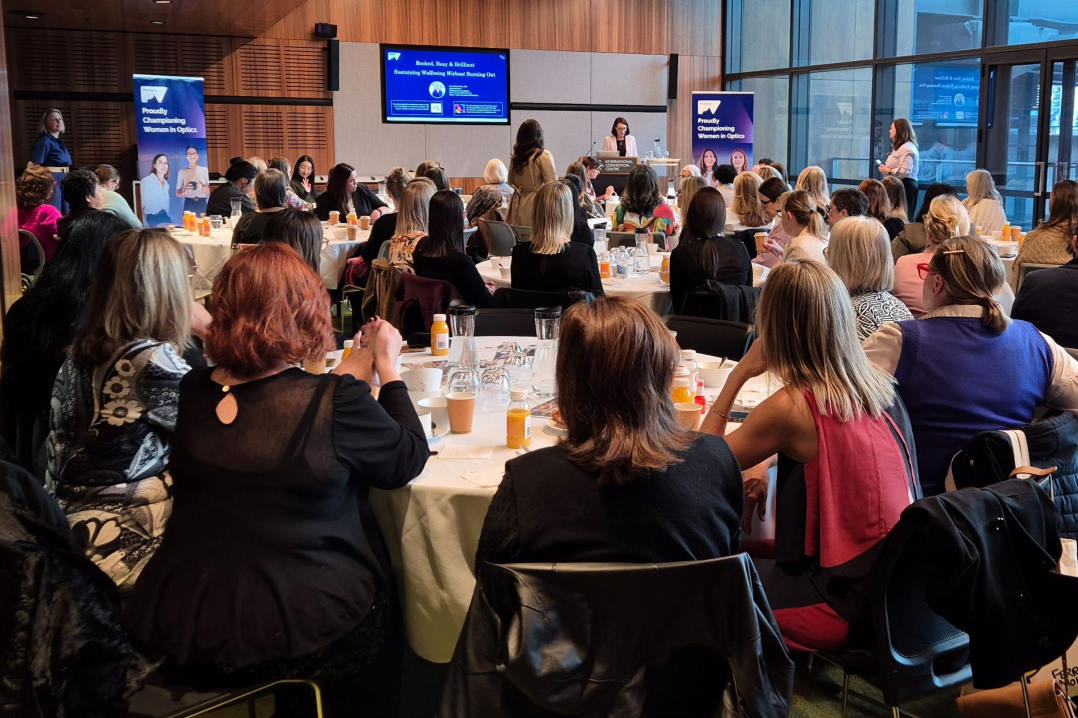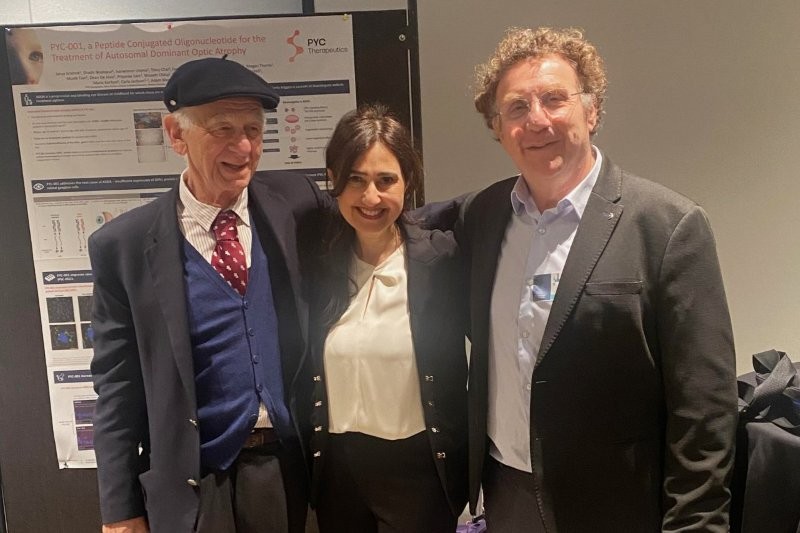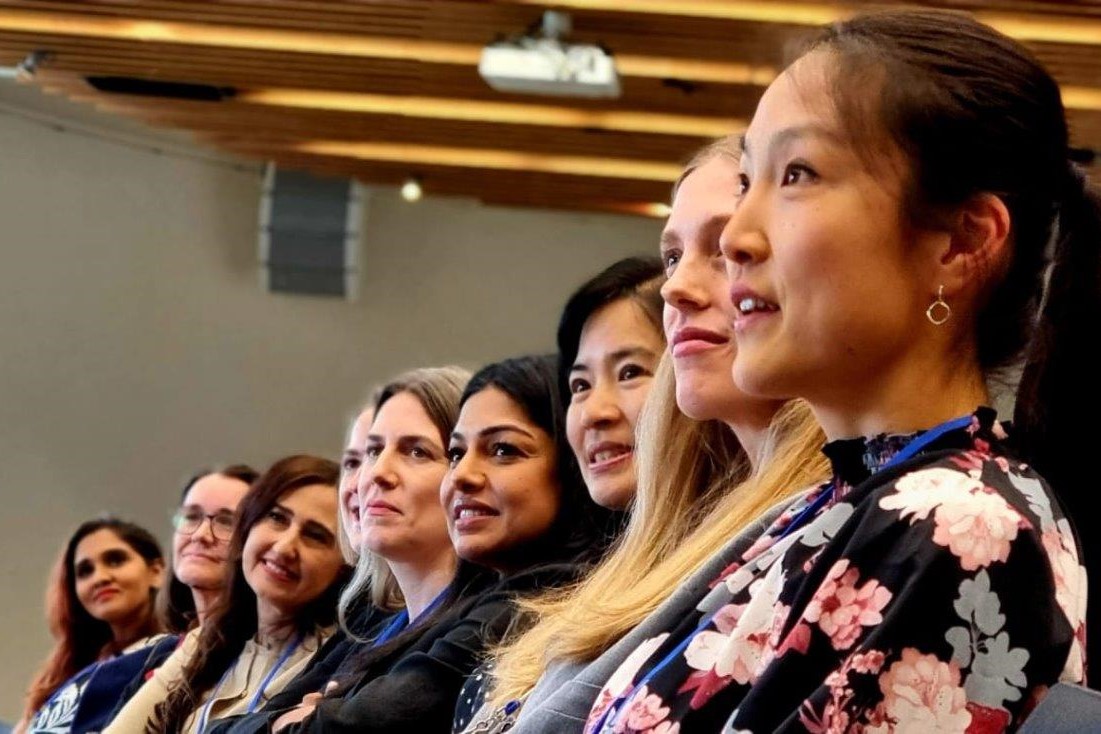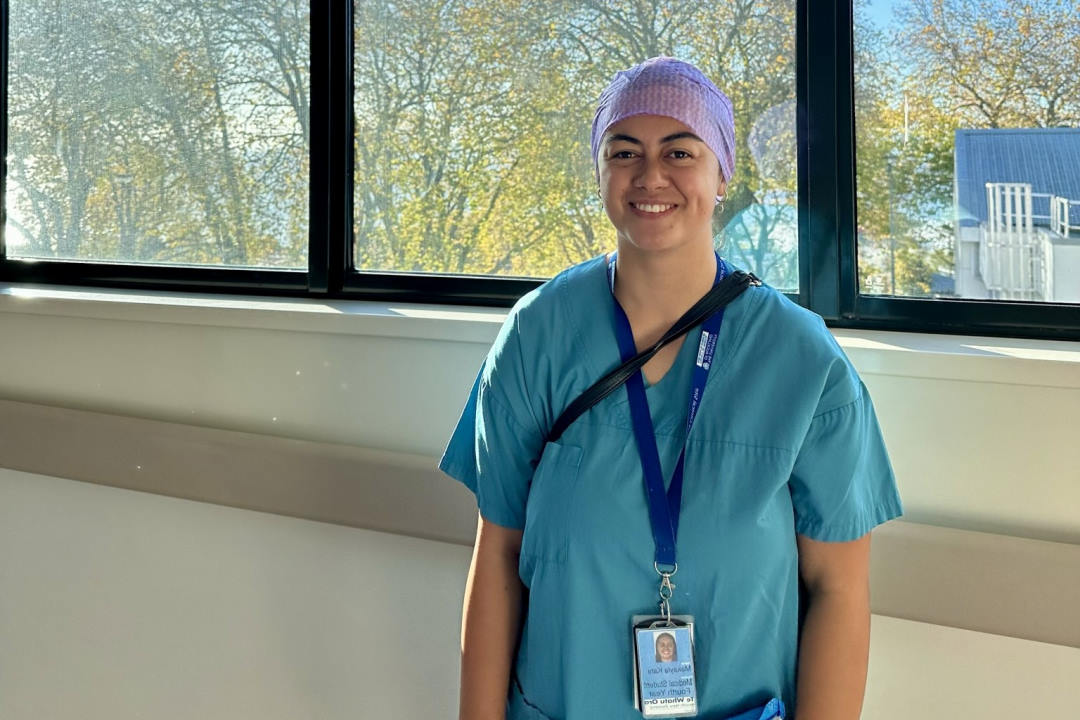Tackling unconscious gender bias
Building on work started by her predecessor, new chair of RANZCO’s Women in Ophthalmology (WIO) Advisory Group Professor Helen Danesh-Meyer says she’s excited about the opportunity to make a difference to the lives of budding female ophthalmologists.
“When I first came to conferences, my colleagues would ask me ‘who’s looking after your kids?’. I felt like saying, ‘who’s looking after yours?’, but I just blew it off, it was such a common question. But now I’m older and I talk about this with younger women and my daughter. I’ve realised you still see unconscious bias everywhere. Women still have to be twice as good to get to the same position as men, but why? Why do women have to accept that? Why is there still such a gender imbalance here?”
Prof Danesh-Meyer, an Auckland-based consultant ophthalmologist, renowned glaucoma specialist and sought-after international speaker, says she offered to become WIO chair after her predecessor Dr Genevieve Oliver, a retinal surgeon at Flinders Medical Centre in Adelaide, stepped down to pursue her PhD.
“Genevieve did a very good job at establishing the platform and developing our strategic vision. I put my name forward as I’m happy with where I am now and I’m an empty nester, so I felt it was a good time for me to give back to other young women and try to encourage them. Though I’m comfortable with my path, everyone else’s path doesn’t have to be that hard.”
WIO’s strategic plan
At last’s year’s 50th RANZCO Congress in Adelaide, the WIO established a strategic plan of action focusing on three key goals to build awareness, recognition and engagement of women in ophthalmology by:
- Increasing their presence as speakers and chairs at conferences
- Encouraging and facilitating more awards and research grants for women in ophthalmology
- Building and strengthening networks to support women in ophthalmology through all stages of their careers
As a key member of the WIO Advisory Group that developed these goals, Prof Danesh-Meyer says she’s looking forward to driving them forward as WIO chair over the next year to 18 months. She has four key actions she’s looking to pursue and has already laid the building blocks for:
A WIO speakers bureau
Prof Danesh-Meyer says she’s attended too many conferences where she was just one of a tiny handful of women speakers or session chairs. But whenever she’s enquired of the predominantly male organisers why this was, she’s been met with a plethora of excuses, primarily that they don’t know how to find women specialised in certain areas or those they contacted didn’t want to talk.
“So, we’re setting up a women’s speaker bureau: an online resource where conference organisers can find female sub-specialists who are happy to speak. The organisers can simply click on the women’s names to discover the topics they are happy and comfortable to speak on, their cv and their email address, so those excuses won’t be a problem anymore.”
An ORIA seed-grant for women returning to work
Research shows women are significantly under-represented as speakers at conferences, there’s still a significant gender pay gap and far fewer women than men occupy senior research or professorial positions, despite more women now undertaking PhDs than men in ophthalmology, says Prof Danesh Meyer.
In tandem with her Australian colleagues, both male and female, Prof Danesh-Meyer published two papers on this with similar results more than a decade apart, with the latest published in February 2019’s Clinical and Experimental Ophthalmology. Why these differences exist, however, is less clear, she says. Do women apply for fewer research grants than men? Do women ophthalmologists spend more time with their patients than men, therefore making less money? One finding that was clear from her research, however, is that although women in ophthalmology work full-time, they are still responsible for more than 50% of childcare, while men are responsible for far fewer childcare duties.
To tackle at least the research part of this gender bias, the WIO Advisory Group plans to ask RANZCO’s research body, the Ophthalmic Research Institute of Australia (ORIA), to set aside one grant purely for a woman who’s trying to re-enter research after having time-off to have children, says Prof Danesh-Meyer. “The first thing that happens when you apply for a grant is the grant board review your track record and if you’ve had four years off and you haven’t published anything, they conclude you’re not a very productive researcher. So, I’m telling RANZCO and ORIA there needs to be a re-entry pathway for women. It needs to be made easier, to recognise that women have other important commitments.” The new grant will allow applicants to establish pilot studies that can lead to more detailed research, which they can then apply for competitively, she says.
A comprehensive mentorship programme
Women ophthalmologists need mentors with different skills throughout their ophthalmology journey, whether that be at an academic or a commercial level, says Prof Danesh-Meyer. “Working in a male-dominated private practice, you hear male colleagues talk about how they can streamline their businesses all the time. But women don’t engage in those discussions and we should.”
The WIO board is going to actively identify female mentors and mentees, creating opportunities at conference and branch level for them to get together, perhaps in a speed-dating format, to talk about ideas and develop connections, she says. “So we can start developing our own networks and encouraging women at every level of ophthalmology to have more engagement with each other.”
The elusive ‘cure’
The record turnouts at the WIO’s first public-speaking Outspoken Women masterclass, just prior to the 2019 RANZCO Congress, as well as the WIO lunch at Congress, show women ophthalmologists are ready and willing to come together to support each other, says Prof Danesh Meyer. The problem is knowing exactly how to tackle it best, she says, echoing a point made by WIO lunch keynote Professor Cordelia Fine, a British philosopher, psychologist, author, and professor of history and philosophy of science at Melbourne University.
In her talk, Gender equality: what works and making the case for change or, as she put it unofficially, “How to bring down medical patriarchy in your lunch break”, Prof Fine shared research showing people were far more likely to make positive choices for women and minorities if empowered and not ordered to do so. “We know much more about the ‘disease’ than the ‘cure’… Finding strategies that work may require creativity and trial and error.”
It is all gaining momentum, however, says Prof Danesh-Meyer, adding that, perhaps one day, she won’t have to reply she’s ‘just shaved off her beard’ when yet another person innocently says she doesn’t look like a professor!
For more, see ranzco.edu/home/community-engagement/wio/
























